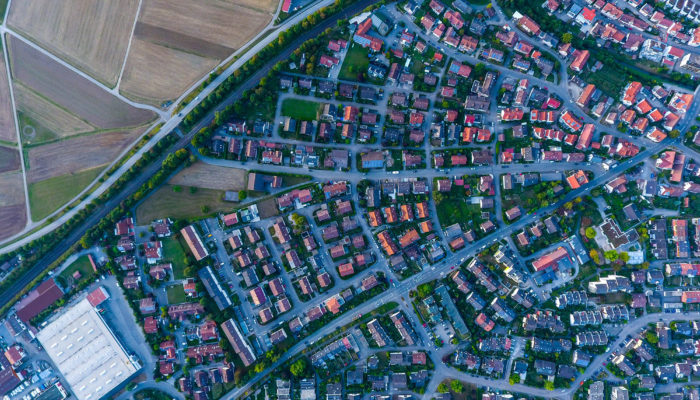
What to make of such a high-profile and well-attended event focusing on decarbonising transport? For me there were four clear take-out messages.
First, it is relatively easy to come up with lists of measures which look and sound worthwhile, but which on closer inspection do little more than nibble at the edges of what’s going to be needed if the government’s ambition – nay, statutory obligation – to achieve net zero carbon is to be met on time. There is a tendency in the wider public debate to under-egg both the scale and the pace of the changes that will be necessary. It is patently much easier to commit to net zero and to there being a climate emergency than it is to confront what doing something about them will entail.
Second, the scale of change is not just about finding low carbon ways of making the same pattern of trips as we make today, still less affording that possibility to everyone in the much larger population being predicted for the UK in 2050. What we are contemplating, or should be, is some fundamental changes in lifestyle from those we have taken for granted with widespread private car availability and budget airlines. Sticking a hydrogen fuel cell in the bus that trundles past my house every morning won’t be helping anyone if, as now, it trundles past empty save for the driver and perhaps one lonely passenger.
Third, I heard an echo of some wise words from Sir Rod Eddington, oft voiced in the course of his study in 2006: “follow the money”. Who should be paying? How much? And will those charges raise enough revenue to cover the cost not just of new investment but of the operating subsidy we might need for a much-enhanced public transport offering? We can achieve very useful things through the seemingly endless stream of funding competitions so much in vogue in Whitehall, but a clutch of very useful things does not of itself make for a genuinely transformative change.
And fourth, what’s needed, right now, is some intelligent, joined-up, whole-system thinking. To pick one example, there’s no point us bemoaning that new housing estates are locking-in car dependency if their design and location makes that an inevitability. That in itself is a big challenge when we are so fond of compartmentalising transport from land-use planning, roads from public transport, rail from bus, and so it goes on…
But one other aspect of the discussion on the day also took me back in time, to the late 1990’s when environmentalism was in the ascendant but road traffic growth and the associated congestion were also front of national politicians’ minds, with the contention that the problem was not car ownership but car use. Is it axiomatic that being anti-carbon goes with being anti-car? I don’t think so, I certainly hope not, but it seems this is a buoy we’re going to be circumnavigating again as the climate debate, and the climate, heats-up in the months ahead.
About the Author
This post was written by Steve Gooding. Steve is Director of the RAC Foundation
